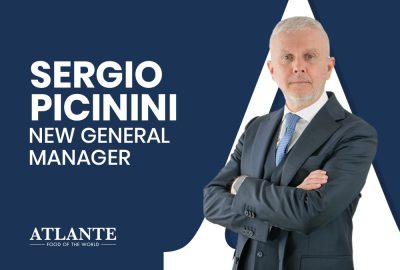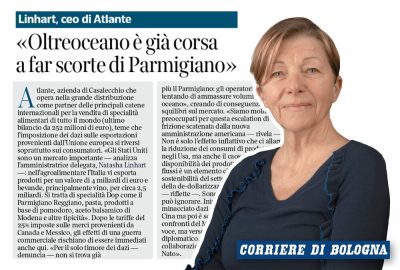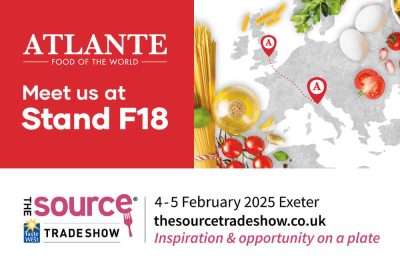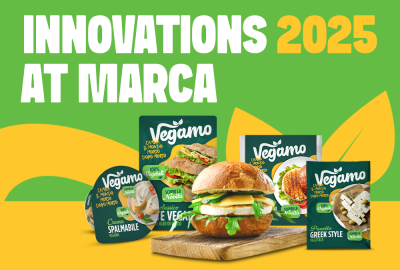Atlante
News
Meat sounding & cultured meat: plant-based producers in Italy join forces
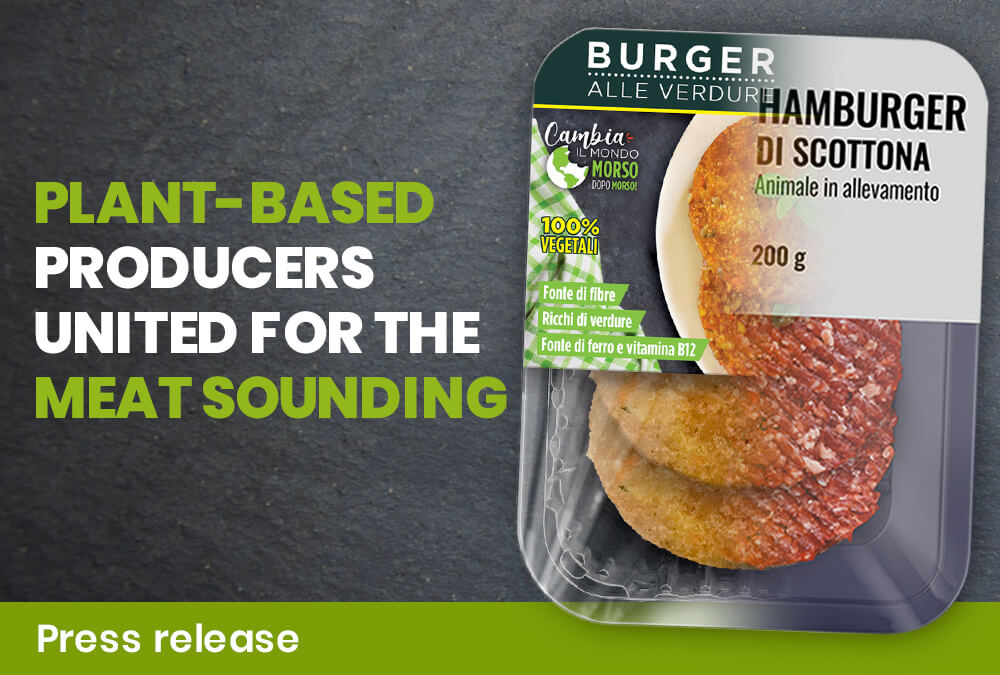
7 December 2023
Subject: Law on ‘meat-sounding’ products
Atlante S.r.l. and other companies such as Io VEG – Consorzio Etico S.r.l, Vis Industrie Alimentari S.p.A, Joy Food S.r.l, Vivera B.V. are closely monitoring and expressing concern about the developments of the draft law on the “Provisions relating to the prohibition on the production and marketing of food and feed consisting of, isolated from or produced from cell cultures or tissues derived from vertebrate animals, as well as the prohibition on the designation of processed products containing vegetable proteins”, promulgated last 1 December and published in the Official Gazette.
Our primary concern as companies lies in the ‘meat-sounding’ aspect of the law, given the absence of ‘cellular meat’ producers among us.
There are indeed multiple concerns raised by this legislation, including its compatibility with the European system (similar to the situation in France, where the Council of State referred the matter to the EU Court of Justice) and the potential for unequal treatment of economic operators from different countries.
It is crucial to acknowledge that vegetable proteins, as highlighted at COP 28, have a significantly lower climate impact than meat. Their production brings environmental sustainability benefits, including a substantial reduction in greenhouse gas emissions, reduced land use, and substantial water savings. Moreover, the quality and taste of plant-based products continue to improve. These foods are highly appreciated by consumers, sold separately from meat products, and clearly labelled as ‘vegetarian’ or ‘vegan,’ minimising the risk of confusion.
The law’s promulgation only occurred after the government resolved procedural concerns raised by President Sergio Mattarella (https://www.quirinale.it/elementi/103490) and explicitly committed to complying with European Commission directives.
Consumers have long understood that terms like ‘burger’ or ‘meatball’ can describe the form and use of a product, whether meat-based or plant-based. Eliminating these terms, associated by millions of Italians with plant-based foods, would mean inventing new, imaginative names, potentially confusing consumers.
Furthermore, the protection of livestock should not come at the expense of the plant-based food production sector. The alternative to meat ensures investments and jobs for a growing number of people. Implementing this law could inflict severe damage on the involved companies and, ultimately, on consumers who appreciate supplementing their diet with entirely plant-based products.
The proposed penalties appear disproportionate, reaching fines of up to €150,000. It remains unclear whether confiscation, access prohibitions, and factory closures for up to three years are accessory sanctions or apply uniformly regardless of the case’s severity. Such sanctions, as stated by the Court of Justice, with a repressive purpose and high severity, constitute criminal sanctions.
In light of the European Commission’s observations and the Ministry of Agriculture decree that will specify banned designations, Atlante organized a round table with other entrepreneurs devoted to protecting the sector. This initiative aims to foster continued evolution with proposals that respect environmental protection and health. The round table serves to unite efforts and undertake appropriate initiatives to raise awareness that, in an ecological urgency context, our country risks making a counterproductive choice.”
06/12/2023


